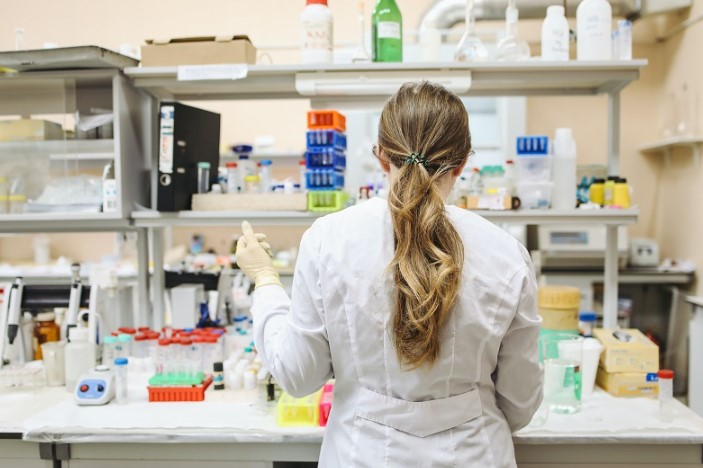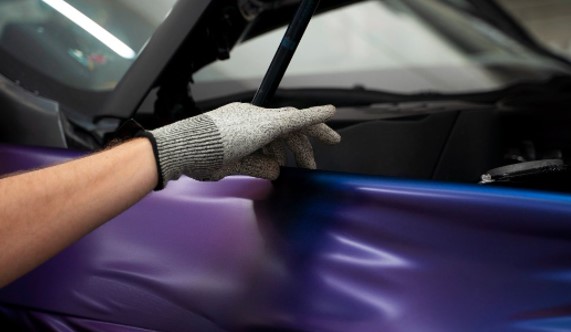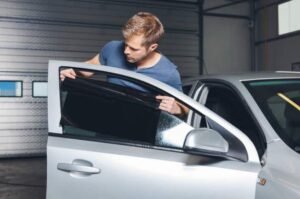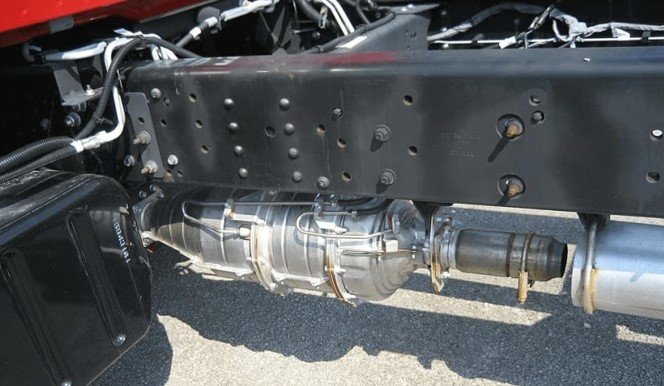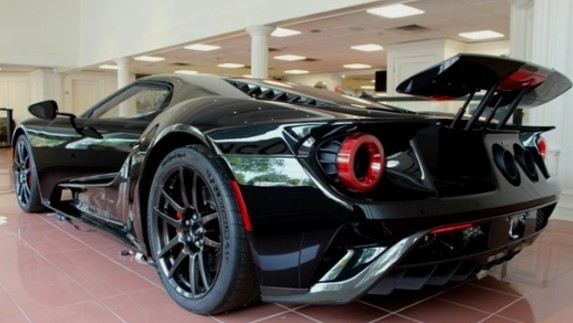A Massachusetts law protected the right to repair your own car. Automakers sued.
In 2013, extensive just before there was a nationwide marketing campaign pressuring Major Tech to make it a lot easier for people to correct their smartphones, Massachusetts passed a legislation explicitly offering people the proper to fix their automobiles. Now, that right is below danger. A pending federal lawsuit could determine its fate — and in so doing, change the car fix landscape at a time when vehicles significantly resemble big desktops.
The lawsuit in question, Alliance for Automotive Innovation v. Maura Healey, problems a ballot measure Bay Point out voters overwhelmingly accredited in 2020. That so-termed Data Access Regulation necessitates that automakers grant car proprietors and impartial repair retailers accessibility to vehicle “telematics,” knowledge that cars and trucks transmit wirelessly to the maker. Proponents of the law say providing homeowners regulate in excess of this knowledge will aid amount the playing field for car repair as the computerization and electrification of vehicles generate new difficulties for impartial shops. Not executing so could give suppliers a aggressive gain more than repair, 1 that shopper advocates dread will direct to much less solutions, bigger price ranges, and eventually, cars and trucks finding junked more rapidly.
That is a challenge not just for drivers’ pocketbooks, but for the weather. Manufacturing automobiles generates appreciable emissions — and will crank out even much more as automakers continue to scale up electric car manufacturing, which is especially carbon intensive due the strength demanded to make the battery. In buy to enjoy the full local weather gains of these autos, customers will need to generate them as long as feasible. To do so, they have to have access to hassle-free, affordable fix choices.
When the law was hailed a main victory for the ideal-to-fix motion when it passed at the ballot box, automakers — represented by an industry team called the Alliance for Automotive Innovation — promptly sued the state to block its implementation. The two sides have been duking it out in federal court docket ever because, with the choose overseeing the case delaying his ruling for far more than a yr. Nobody appreciates when a closing determination will be created or which side will prevail. But for automakers and the car mend enterprise alike, the stakes are large.
“We’re at a juncture in the highway,” Paul Roberts, founder of securepairs.org and editor of the Struggle to Fix publication, informed Grist. “We’re in the situation of viewing unbiased automobile restore go the way of Television set and camera fix. Which is, they really do not exist any more.”
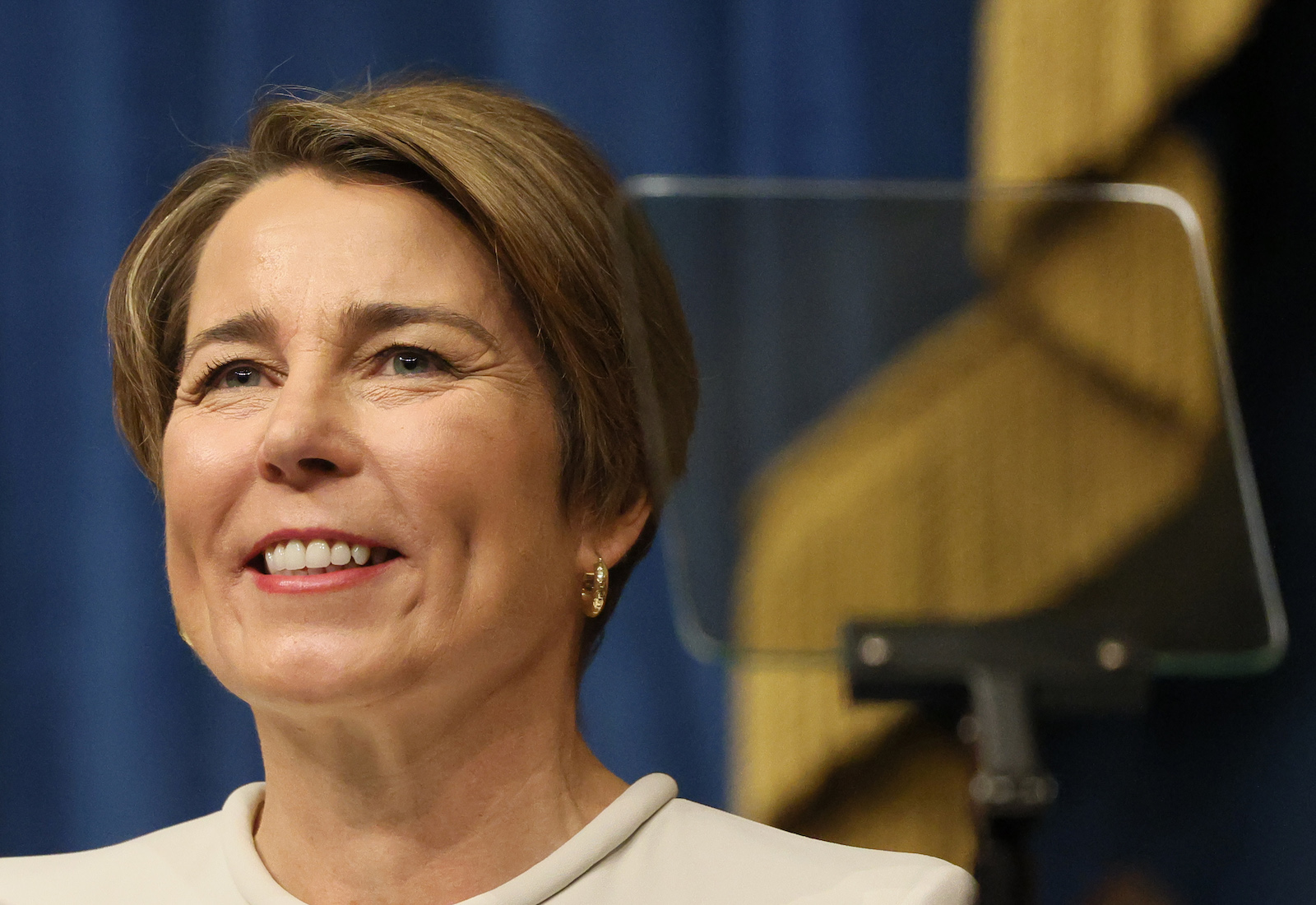
Today’s unbiased car mend industry owes its existence in big portion to the automobile proper-to-repair service legislation that Massachusetts passed in 2013. That legislation granted unbiased mechanics entry to the same diagnostic and restore data brands give to their franchised dealerships by way of a regular in-auto port also used for car or truck emissions testing. But it explicitly excluded telematic information.
Which is becoming a difficulty as cars and trucks become additional computerized. Right now, lots of car elements consist of chips that keep an eye on their state of well being and connect with the relaxation of the car without the capability to wirelessly mail commands to all those elements, impartial vehicle stores are locating by themselves not able to diagnose troubles and carry out repairs. At the exact same time, more recent automobiles will generally beam info on their point out of health and fitness straight back again to the manufacturer. That producer can then deliver the car or truck operator updates when it is time for plan maintenance — alongside with a suggestion that they go to their nearest franchised dealership to get the task carried out.
“If my battery’s very low, if I have to have an oil change, if my headlights or taillights are out … this is all diagnostic information which is getting transmitted back again to manufacturers,” stated Tom Tucker, the senior director for state affairs at the Automobile Treatment Association, which signifies the nationwide independent auto repair service industry. “They’re then transmitting that details to franchised dealerships, which are then getting in touch with the shopper. Which is wonderful for market, but it puts independents at a competitive downside.”
The 2020 Facts Entry Regulation sought to take away manufacturers’ benefit by demanding that automakers make any mechanical data emanating from a car right accessible to the operator and independent maintenance retailers via a regular, open up-accessibility system.
Tucker’s corporation, which served craft the ballot initiative, hoped that automakers and the repair service sector would inevitably occur to a countrywide settlement over telematic knowledge sharing, which is what transpired right after Massachusetts passed its first automobile correct-to-fix legislation in 2013.
As an alternative, automakers took the state’s attorney basic to court docket to obstacle the validity of the ballot initiative, professing that earning this information a lot more available would degrade vehicle cybersecurity. By supplying car proprietors and independent fix shops accessibility to telematics, carmakers claim, the Facts Entry Legislation operates afoul of federal basic safety polices and the federal Motor Automobile Safety Act. Carmakers also declare the regulation conflicts with the Clean up Air Act, for the reason that it could make it less difficult for a auto owner to disable emissions control techniques on an engine.
Former Massachusetts Lawyer Typical Maura Healey (who took around as governor of the point out in January) believes this is a load of malarkey. For the Knowledge Access Legislation to conflict with federal legislation, automakers need to show that there is no possible way both of those sets of legislation can be met — which they haven’t accomplished, Healey argues. In fact, an Oct 2021 investigation by her business identified that a person member of the Alliance for Automotive Innovation, Subaru, was now using a stopgap measure to comply with the 2020 regulation — disabling all telematics devices in model yr 2022 vehicles marketed in Massachusetts, thereby guaranteeing that franchised dealerships and the producer never have access to any info that impartial retailers lack. Subaru did so with out violating any motor auto basic safety benchmarks or the Clear Air Act. Even more investigation revealed that carmaker Kia applied a comparable plan.
The Alliance’s argument that increasing obtain to telematic information will make hacking more probable rests on the idea that secrecy is the best way to maintain systems secure. But several cybersecurity specialists believe that this premise — identified as “security by obscurity” — is fundamentally flawed, claims Package Walsh, a senior workers legal professional at the Digital Frontier Basis, a electronic legal rights advocacy corporation. When facts techniques knowledge are stored key from the general public, Walsh suggests, “you don’t get the reward of men and women smarter than you hunting at them and getting vulnerabilities that you do not obtain oneself.” Roberts of securepairs.org agrees, describing stability by obscurity as a “false premise.”
“We’re observing related car or truck hacks still left ideal and heart,” Roberts claimed, citing a a short while ago learned bug in Sirius XM telematics systems that authorized hackers to remotely hijack cars and trucks from many major brand names. “What does that say about [automakers’] approach for vetting the stability systems? It does not say fantastic matters.”
The Alliance for Automotive Innovation and the point out of Massachusetts offered their arguments at a trial in July 2021. Whilst U.S. District Judge Douglas Woodlock was at first predicted to situation a choice on the scenario soon thereafter, he has frequently delayed his ruling for explanations ranging from new proof to scheduling problems to probably applicable Supreme Courtroom rulings. Walsh suspects Woodlock is proceeding cautiously in purchase to “insulate himself for the unavoidable appeal” from whichever facet loses. Roberts agrees.
“I consider he’s quite aware of the truth that this final decision is not gonna be the finish of the highway,” Roberts said.
As the legal battle about vehicle information rages on in Massachusetts, other states are weighing very similar measures to safeguard unbiased auto mend. In Maine, a almost identical car or truck telematics ballot measure is at the moment using form and tentatively slated to be place before voters later this calendar year. And carmakers are presently gearing up to struggle it.
In response to a ask for for remark, the Alliance for Automotive Innovation shared a memo with Grist calling the Maine ballot initiative a “monetizable facts seize from national aftermarket elements manufacturers” that results in a “clear cybersecurity possibility.” The memo goes on to assert that neither the amplified connectivity of vehicles nor the transition to electric powered vehicles will undermine the availability of restore info for independents.
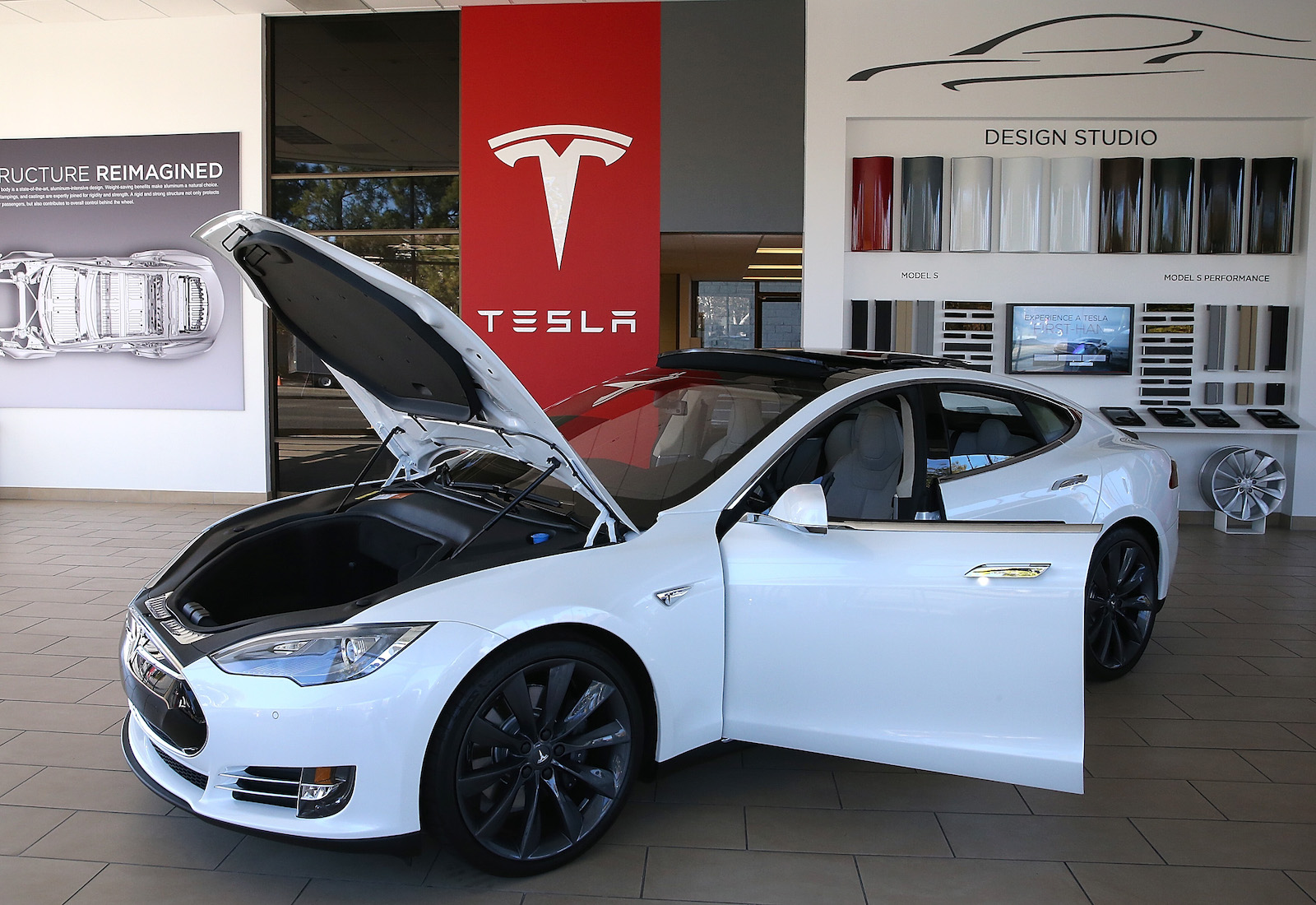
But some mechanics who function on EVs feel in different ways. That emissions tests port that mend pros are intended to be capable to use to accessibility diagnostic and mend details? Most Teslas absence it, suggests Rich Benoit, who co-founded the Tesla-concentrated repair business Electrified Garage. Even when Teslas do have the port, Benoit states, “there is no handy data whatsoever” an impartial mechanic can retrieve from it. “Which is why 99 percent of Teslas go back to Tesla for maintenance,” Benoit said.
The end result, Benoit claims, is Tesla entrepreneurs are frequently quoted steep rates to switch batteries that may be fixable for much less expensive. Replacing those batteries early significantly cuts down the environmental added benefits of EVs, because mining the metals within them generates pollution and carbon emissions. Tesla dismantled its general public relations office in 2019 and no more time responds to journalists’ requests for comment.
Benoit sees Tesla’s achievement in managing automobile facts and its fix ecosystem as a bellwether of what is coming for motor vehicle proprietors far more broadly if the Knowledge Access Law is struck down in court.
“If that’s the situation, at this level, all new automobiles are gonna have to go back to the dealership,” Benoit told Grist. “With dealerships there’s no competitiveness, they set selling prices, and they can variety of do what ever they want.”
